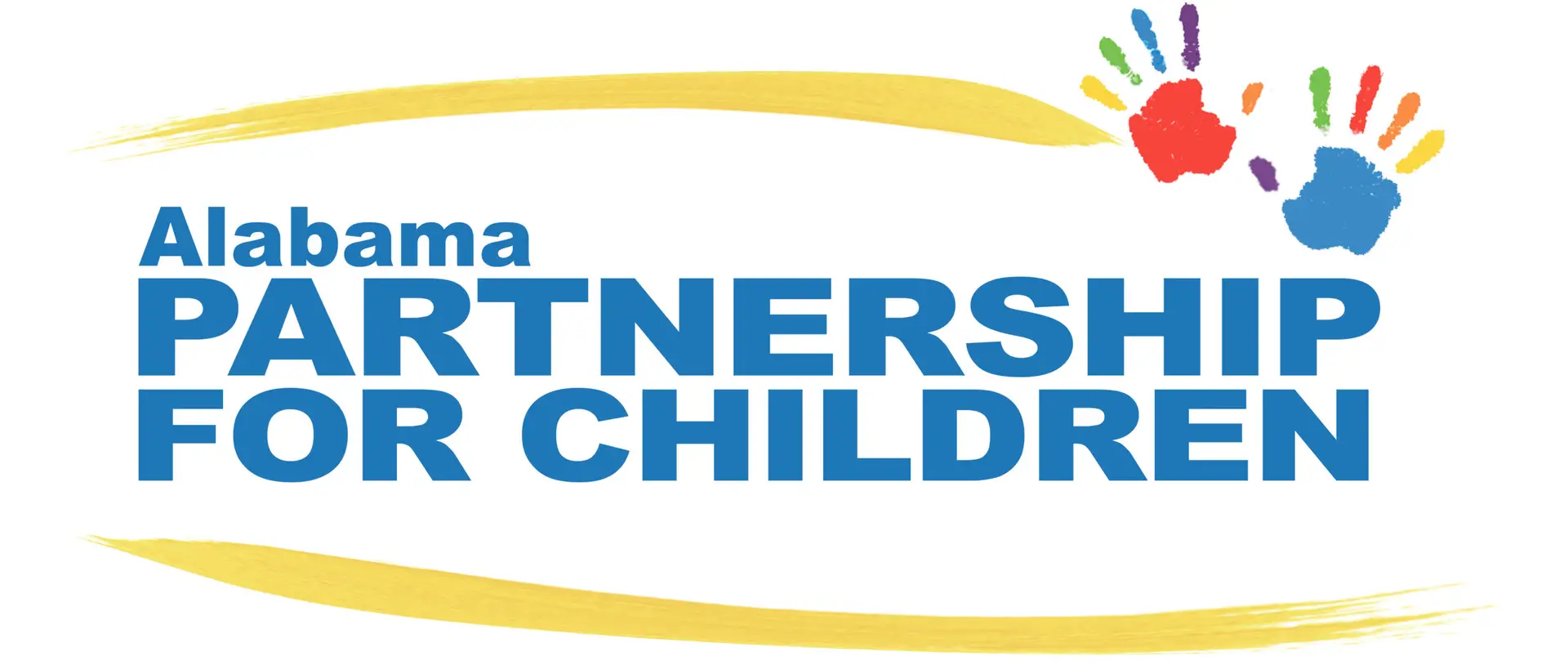The Alabama Partnership for Children has been awarded a $600,000 grant from the W.K. Kellogg Foundation to increase access to quality early care and education programs statewide by educating parents, child care providers and the community about the benefits of regulated child care. The grant will support the Alabama Partnership for Children’s work of promoting public awareness through the Don’t Be In The Dark About Child Care campaign and implementing a technical assistance program to support license-exempt child care centers in obtaining a license from the Alabama Department of Human Resources (DHR).
Due to state legislation enacted in 1984, Alabama is one of the few states that allows certain child care centers to legally operate exempt from a license or inspection for minimum health and safety standards. In recent years, the number of licensed child care centers has continued to decline while the number of license-exempt child care centers has continued to increase. According to the 2016 Alabama Kids Count Data Book published by VOICES for Alabama’s Children, there are currently 1,009 licensed and 942 license-exempt child care centers in operation.
“Far too many Alabama children, including a disproportionate share of low-income children, are enrolled in unregulated child care, but a more alarming truth is that parents are completely unaware. There is an assumption and false assurance that child care programs legally operating have been inspected and are monitored,” said Gail Piggott, executive director of the Alabama Partnership for Children.
Don’t Be In The Dark About Child Care, a partnership campaign of the Alabama Partnership for Children and VOICES for Alabama’s Children promotes public awareness about the threat of unregulated child care to the health and safety of Alabama’s youngest, most vulnerable population. The campaign primarily provides information and resources to parents and families as child care consumers, but it also promotes a broader understanding among the general population about the deficiency in the quality of Alabama’s early care and education system.
A fundamental component of the Alabama Partnership for Children’s work will include providing a technical assistance program to assist license-exempt child care centers in meeting minimum health and safety standards and obtaining a DHR license. “As Alabama parents become more aware about the concerns of unregulated child care, they are making more informed decisions on the child care they choose, and we hope license-exempt programs see this as encouragement to obtain a license and ensure they’re meeting basic health and safety standards,” said Piggott.
According to DHR’s Subsidized Child Care Statistics, there is a current shortage of infant and toddler child care options. The Alabama Partnership for Children’s technical assistance program will focus on supporting existing license-exempt child care centers in order to begin building the supply of quality child care available to working families.
The W.K. Kellogg Foundation funding prioritizes efforts to increase the number of licensed and inspected child care as a necessary step in improving the overall quality of Alabama’s early care and education system. The Alabama Partnership for Children’s work supported by this two-year grant begins January 2017.
